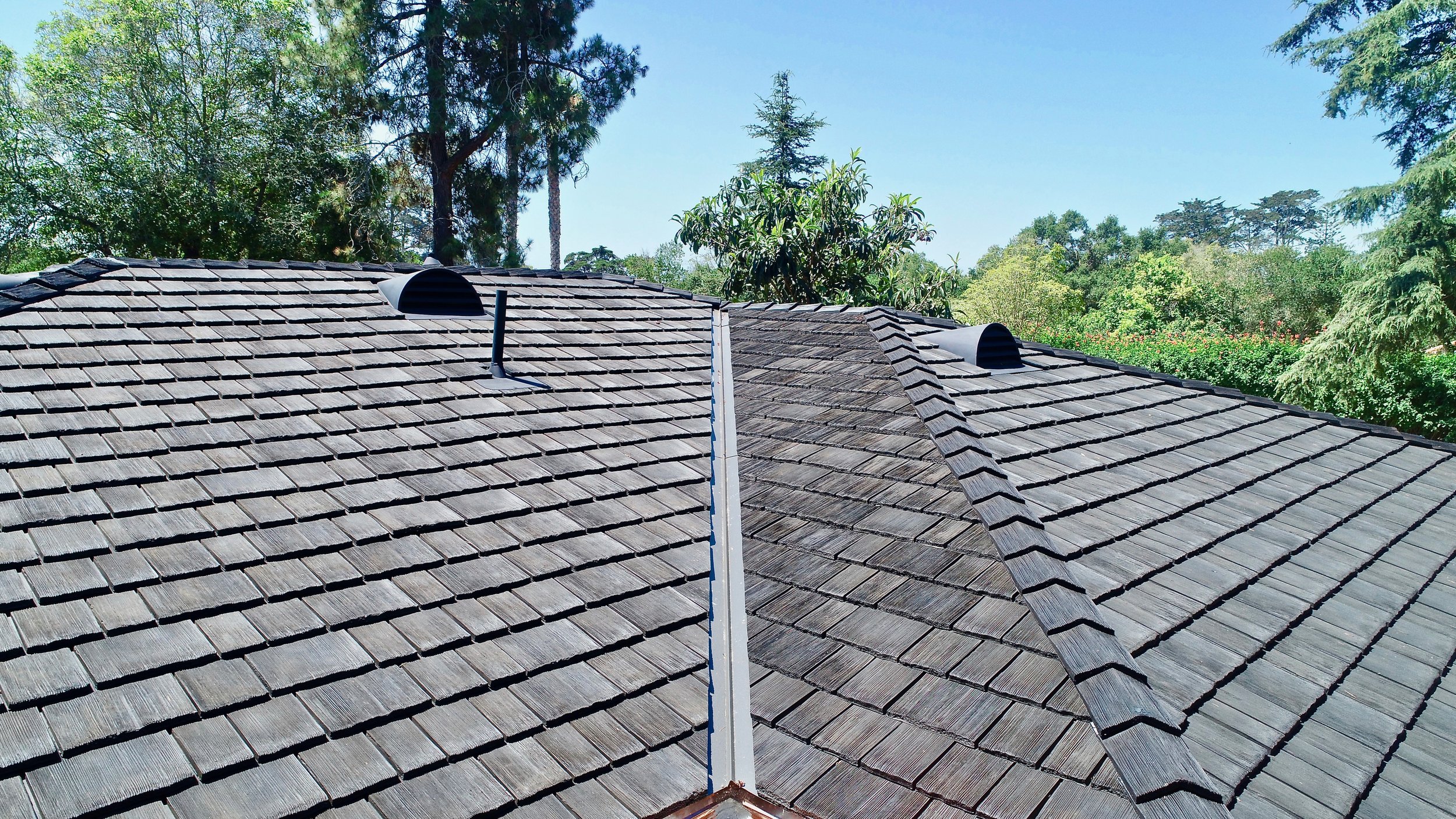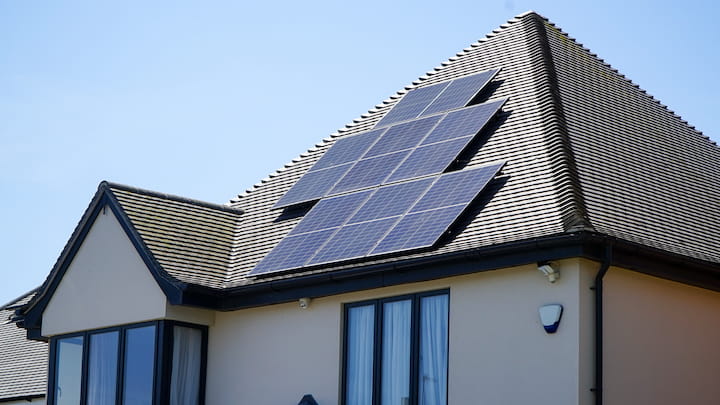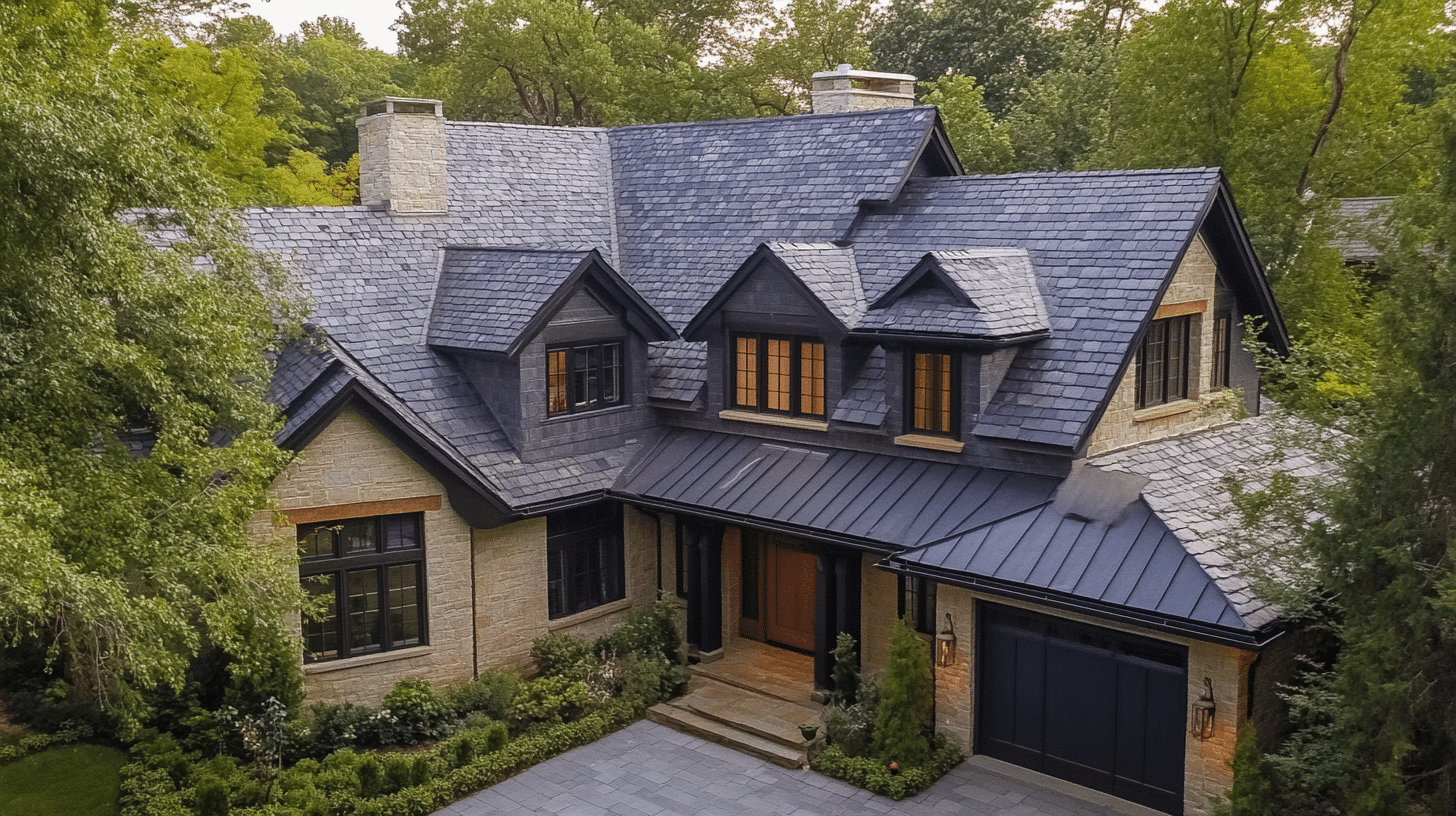Roofs play a crucial role in enhancing a home’s energy efficiency. By choosing the right roofing materials and styles, homeowners can significantly reduce heating and cooling costs, leading to long-term savings. An effective roof acts as a barrier against the elements, helping to maintain a consistent indoor temperature.
The color, insulation, and ventilation of a roof directly impact energy consumption. Lighter-colored roofs reflect more sunlight, while proper insulation keeps conditioned air inside.
Importance of Roofing in Energy Efficiency
Roofs play a crucial role in maintaining energy efficiency within a home. They influence heat transfer and insulation, directly affecting heating and cooling costs.
Overview of Heat Transfer and Insulation
Heat transfer occurs through conduction, convection, and radiation. Proper insulation in roofing systems minimizes heat loss during winter and prevents heat gain in summer. This keeps indoor temperatures stable, reducing reliance on heating and cooling systems.
For effective insulation, choosing materials with high R-values is vital. An R-value measures resistance to heat flow; the higher the R-value, the better the insulating capacity. Common insulation materials include fiberglass, foam boards, and reflective barriers.
Impact of Roof Materials on Thermal Performance
Roof materials significantly influence energy efficiency. Different materials possess varying heat-absorbing and reflecting properties. For instance, metal roofs reflect sunlight, lowering heat absorption, while dark shingles absorb more heat, which can lead to higher cooling costs.
Cool roofs, designed to reflect more sunlight and absorb less heat, are increasingly popular. These roofs often use reflective coatings or lighter-colored materials. Homeowners can consult with a professional roofing company in Zionsville to select the most suitable materials for their energy efficiency goals.
Options for Energy-Efficient Roofing

Energy-efficient roofing plays a vital role in reducing energy consumption and enhancing home comfort. Several technologies are available, each offering unique benefits that contribute to effective climate control and lower utility bills.
Cool Roof Technologies
Cool roof technologies are designed to reflect more sunlight and absorb less heat than standard roofs. These roofs typically feature special coatings or materials that enhance their reflective properties.
Cool roofs can be constructed using various materials, including reflective shingles and membranes. Professional roofing companies, such as those in Zionsville, often provide installations and assessments for optimal cool roof solutions based on local climate conditions.
Solar Reflective Shingles and Tiles
Solar reflective shingles and tiles serve as an effective way to improve a home’s energy efficiency. These products have a highly reflective surface that helps redirect sunlight away from the roof, minimizing heat absorption.
Installation considerations include:
- Material selection: Metal, ceramic, and asphalt shingles offer different degrees of reflectivity.
- Color choice: Lighter-colored shingles typically reflect more sunlight than darker options.
Green Roofing Systems
Green roofing systems involve the installation of vegetation on a roof surface. This approach provides several ecological benefits while enhancing energy efficiency.
Key aspects include:
- Insulation properties: The soil and plants act as a natural insulator, reducing the need for heating and cooling.
- Stormwater management: Green roofs absorb rainwater, reducing runoff and improving urban water quality.
Professional roofing companies can guide homeowners on the best green roofing systems suited for their specific needs and environmental conditions.
Maintenance and Upgrades for Optimal Efficiency
Regular maintenance and strategic upgrades of a roof can significantly enhance a home’s energy efficiency. These practices ensure that the roof performs its best, extending its lifespan and reducing energy costs.
Routine Inspections and Repairs
Conducting routine inspections is essential for identifying potential issues early. Homeowners should schedule inspections at least twice a year, ideally in spring and fall. A professional roofing company in Zionsville can provide thorough assessments of both the roof structure and materials.
Common problems to look out for include:
- Cracked or missing shingles
- Signs of water damage
- Clogged gutters
Addressing these issues promptly can prevent further damage and costly repairs.
Upgrading Insulation and Ventilation
Improving insulation and ventilation in the attic space can have a profound impact on energy efficiency. Insulation helps retain heat during winter and keep it out during summer, reducing the workload on heating and cooling systems.
Recommended insulation types include:
- Fiberglass batts
- Spray foam insulation
- Cellulose
A professional can evaluate current systems and recommend suitable upgrades that will support both energy efficiency and the longevity of the roof.
Retrofitting with Energy-Efficient Materials
When considering roof upgrades, using energy-efficient materials can make a substantial difference. Options such as cool roofing materials and reflective coatings reduce heat absorption, which helps maintain a comfortable indoor temperature.
Examples of energy-efficient options include:
- Metal roofing
- Clay tiles
- Cool asphalt shingles
Engaging with experts, like a professional roofing company in Zionsville, can provide insights into the best choices based on local climate and home design.
Economic and Environmental Benefits

Roofs play a crucial role in enhancing home energy efficiency, leading to significant economic savings and environmental advantages. Proper roofing choices can considerably reduce energy costs and ensure long-term sustainability.
Reduced Energy Costs for Homeowners
Energy-efficient roofs contribute to significant savings on heating and cooling expenses. They help maintain comfortable indoor temperatures by reflecting sunlight and minimizing heat absorption.
Cool roofs, for example, utilize reflective materials that redirect sunlight. This can lower cooling costs by up to 20% during warm months. Proper insulation and ventilation, essential services offered by a Professional Roofing Company Zionsville, further enhance energy efficiency.
Long-Term Savings and ROI
Investing in energy-efficient roofing can yield substantial long-term savings. While the initial costs may seem high, the return on investment (ROI) justifies the expenditure.
Many energy-efficient materials come with extended warranties, reducing maintenance and replacement costs. Roofs designed for energy efficiency often last longer due to materials that resist weathering and damage.
Contribution to Environmentally Sustainable Housing
The installation of energy-efficient roofs supports environmental sustainability. These roofs reduce overall energy consumption, lowering greenhouse gas emissions associated with electricity generation.
By using materials that promote energy efficiency, roofs contribute to the conservation of natural resources. For instance, many roofing options incorporate recycled materials, further enhancing their eco-friendly credentials.
Partnering with a Professional Roofing Company Zionsville ensures the selection and installation of roofing systems that align with these environmental goals.

